On August 25, 2022, the New York Times released a report on a serious impasse festering within the state’s emerging industry.
The issue at hand: the state’s medical cannabis license holders want in on adult-use sales but may have to pay a multimillion-dollar licensing fee, the proceeds of which would help fund the state’s proposed social equity program.
While some have suggested a fee of $20 million for medical cannabis operators that want to play in the state’s recreational market, New York's medical cannabis industry is not happy about that number.
Most of New York’s 10 medical cannabis license holders are large, multistate operators, but the state’s medical program is struggling compared to other states, especially Florida. Meanwhile, the state’s adult-use market is projected at $6 billion.
What’s more, New York’s licensed cannabis retailers may need some of the state’s medical supply if they want to meet demand when legal sales begin. Legal shops running out of weed will no doubt act as a boon to the state’s thriving legacy market, which regulators definitely want to avoid.
So, is $20 million a fair fee? Who will blink first? MSOs or New York regulators?
An Existential Moment for the Cannabis Industry
New York appears to be the first state intent on solving the social equity piece of the puzzle. Whether or not they succeed remains to be seen.
“The only real guidance [for the licensing fee] we have is the requirement that it’s a sufficient amount to fund the equity program, or at least the upfront needs,” said Chris Alexander, executive director at New York’s Office of Cannabis Management (OCM). “So that’s kind of the guiding factor.”
This notion that communities most harmed by the so-called war on drugs deserve to benefit first and foremost from legal cannabis industries is noble and just, but the concept of social equity hasn’t really worked.
Previous social equity efforts across the U.S. cannabis industry have largely failed for a number of reasons, and up to now, New York has shown more diligence here than any other market.
And here's another noble pursuit for the cannabis industry: making sure smaller players have a spot at the table.
In a tightly regulated industry where MSOs have a habit of dominating and even ruining the market for small, local businesses, it all seems to be coming to a head in New York.
The situation between licensing fees, struggles with adult-use supply, and trying to fund the state’s equity program sheds light on a series of existential questions about where the industry is heading and how it’s regulated.
Why does regulation have to be so complicated? What would a free-market model look like for cannabis? Granted, some regulation is needed at the very least to monitor quality and assurance.
Also, is the industry thinking about social equity all wrong? Allowing people to hold a license of operation in a complicated industry versus addressing the concept of reparations for the so-called War on Drugs are two very different things.
And maybe it’s merely a matter of time until Big Tobacco comes in and takes over everything, which some are predicting to happen once federal legalization passes.
We Need a New Cannabis Paradigm
We knew New York would become a paradigm for other cannabis markets in the U.S., and these growing pains are natural. It’s a difficult dance for sure.
“It is a lot of moving pieces,” Alexander noted. “I feel like sometimes I’m the bear at the circus with the plates.”
The biggest question in my mind: why are we allowing greedy money-whores to ruin cannabis? Why are regulators tip-toeing around weed like it's a dangerous substance?
The cannabis movement was always about “We have a right to this plant.” But now with corporate interests moving in, the focus is: “Let’s move forward only when we know how to make as much money as possible from the whole deal.”
Need a little more Bluntness in your life? Subscribe for our newsletter to stay in the loop.





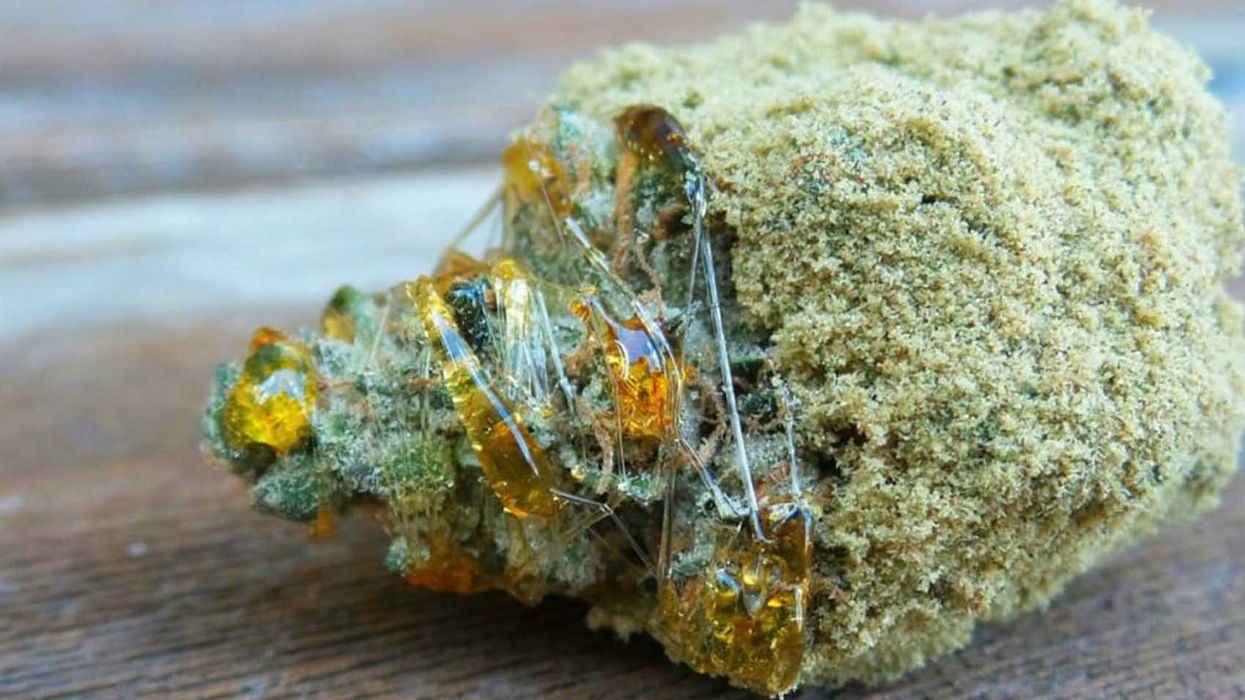







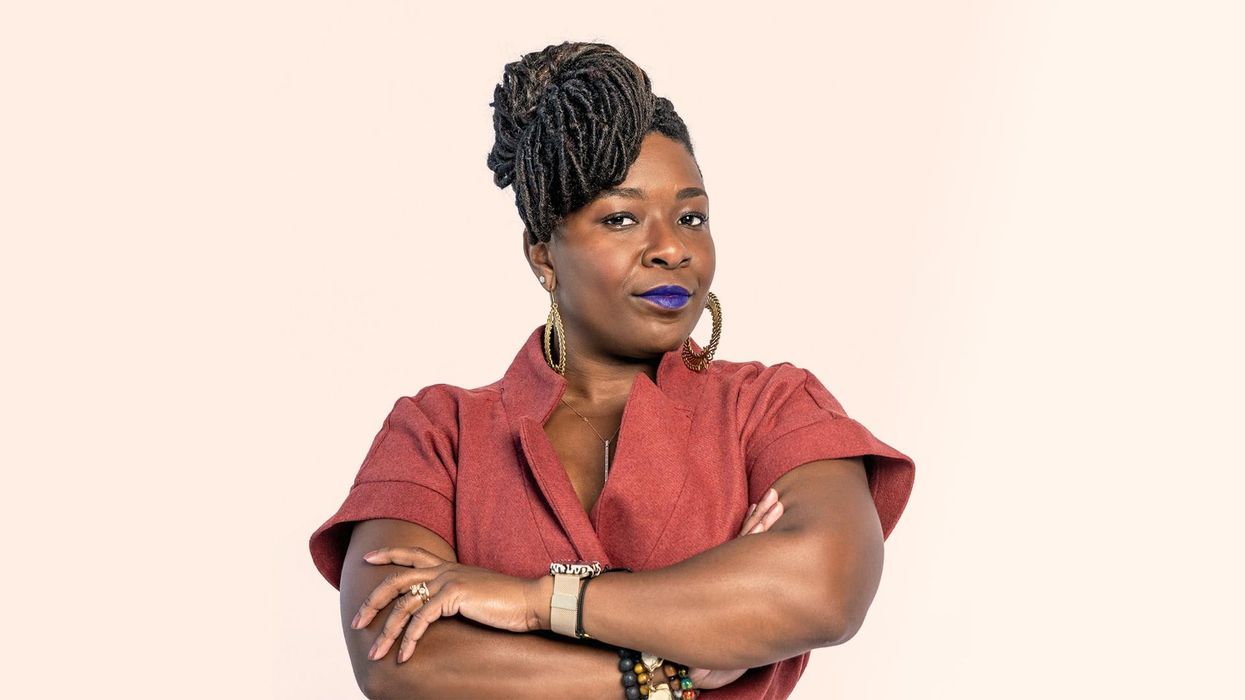
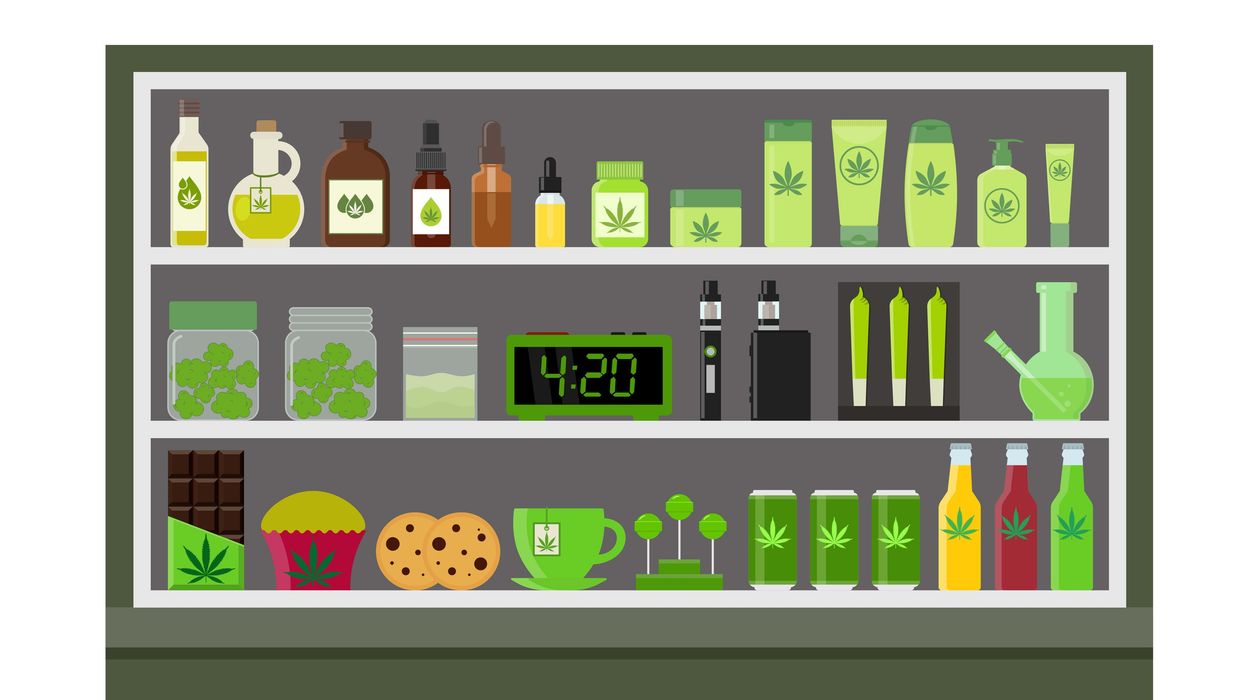

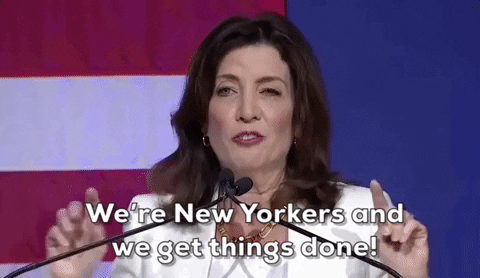
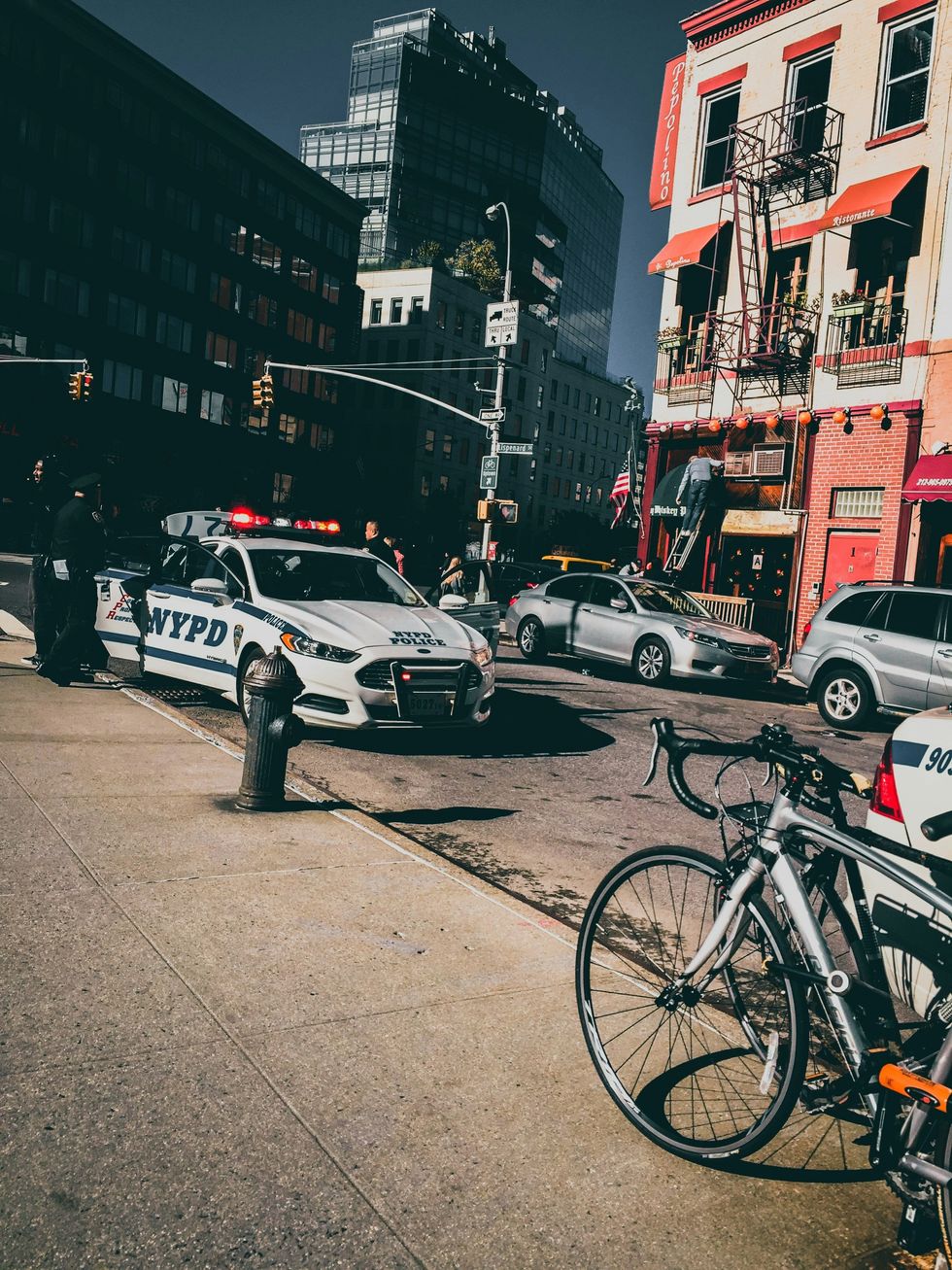 Why Gov. Hochul’s Cannabis Crackdown Stinks of Regression - The Bluntness
Photo by
Why Gov. Hochul’s Cannabis Crackdown Stinks of Regression - The Bluntness
Photo by